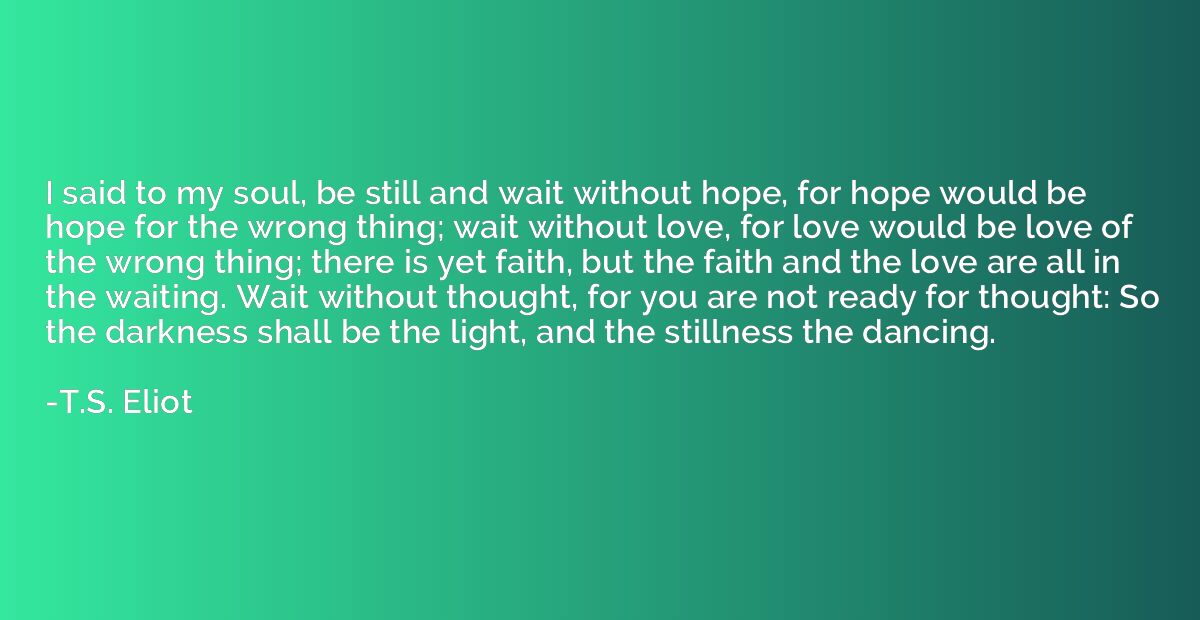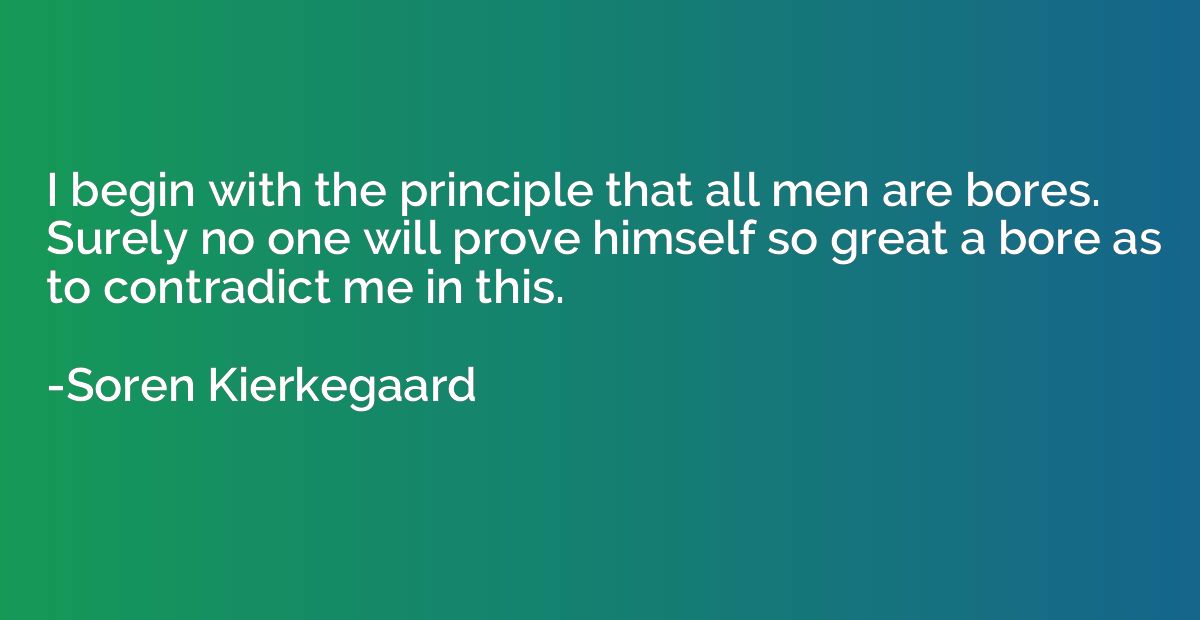Quote by Herman Melville
Queequeg was a native of Kokovoko, an island far away to the West and South. It is not down in any map; true places never are.

Summary
This quote from the novel Moby Dick by Herman Melville showcases the mysterious nature of the character Queequeg and his origin. It implies that Queequeg's homeland, Kokovoko, is not easily identifiable on any map because it represents a real place that can't be confined to mere cartography. The quote suggests that true places, like Queequeg's island, hold a deeper significance and evade simple geographical representation. It introduces an element of enigma and adds to the allure and intrigue surrounding Queequeg's character.














